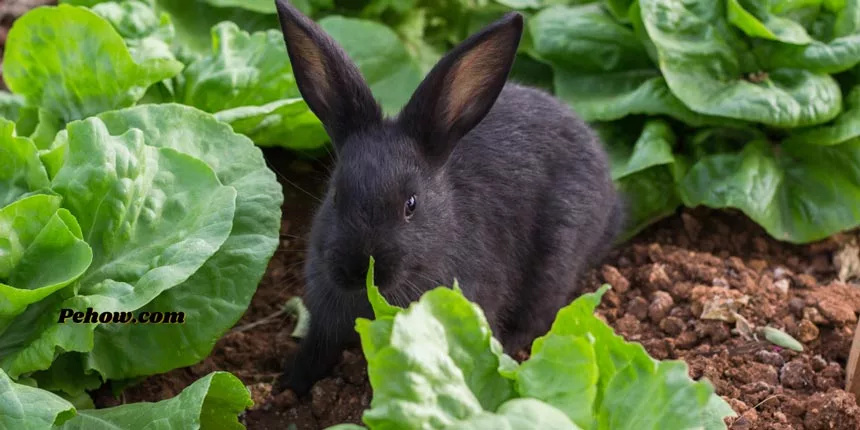A rabbit fence for a raised garden bed can be built using a variety of materials and methods. The most important factor in deciding how to build your fence is to choose materials and a design that will keep rabbits out of your garden.
One option for a rabbit fence is to build a simple wire mesh fence. This can be done by attaching wire mesh panels to posts set around the perimeter of your garden bed. The mesh should be small enough that rabbits cannot squeeze through, and the fence should be tall enough that rabbits cannot jump over it.
Another option is to create a buried fence, which involves digging a trench around the perimeter of your garden bed and installing a wire fence underground. This will prevent rabbits from digging under your fence.
Keep reading for more information and tips on how to build a rabbit fence for raised garden bed.
How do you build a garden rabbit fence?
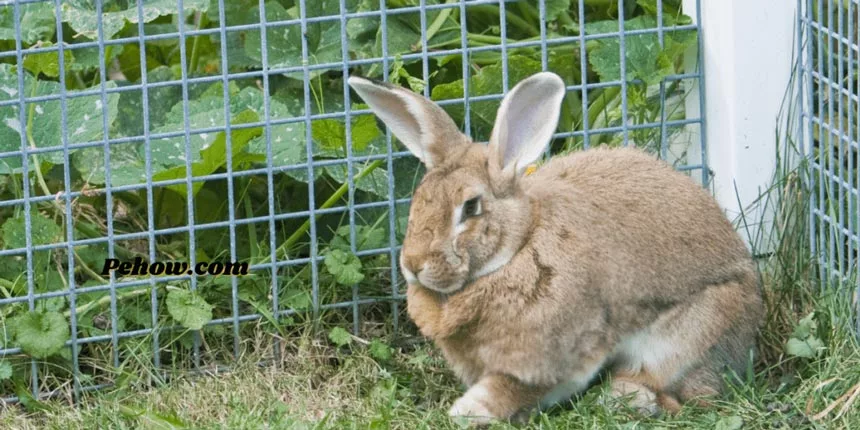
If you have raised garden beds, then you know that rabbits can be a real problem. They love to munch on your plants and can quickly destroy an entire crop. A fence is the best way to keep rabbits out of your garden, and it doesn’t have to be expensive or difficult to build. You can make a rabbit fence for a raised garden bed by following these steps:
1. Determine how much fencing you will need
To determine how much fencing you will need, measure the height and width of your raised garden bed. You will need to purchase enough fencing to surround the entire bed.
2. Choose the type of fencing
There are many different types of fencing that you can use to keep rabbits out of your garden. Choose a fencing material that is sturdy and will not be easy for rabbits to chew through. Some good options include chicken wire, hardware cloth, or woven wire fence.
3. Purchase fencing material
You can purchase fencing material at most home improvement stores or online. Be sure to buy enough to surround the entire raised garden bed.
4. Cut the fencing to size
Once you have purchased the fencing, you will need to cut it to size. Use a hacksaw or wire cutters to cut the fencing to the desired length.
5. Assemble the fence
Now it’s time to assemble the fence. Begin by attaching the fencing material to the posts or stakes that you will be used to support the fence. If you are using chicken wire, you can use zip ties or staples to attach it to the posts.
Once the chicken wire is in place, you can cover it with another layer of fencing material, such as hardware cloth or woven wire fence.
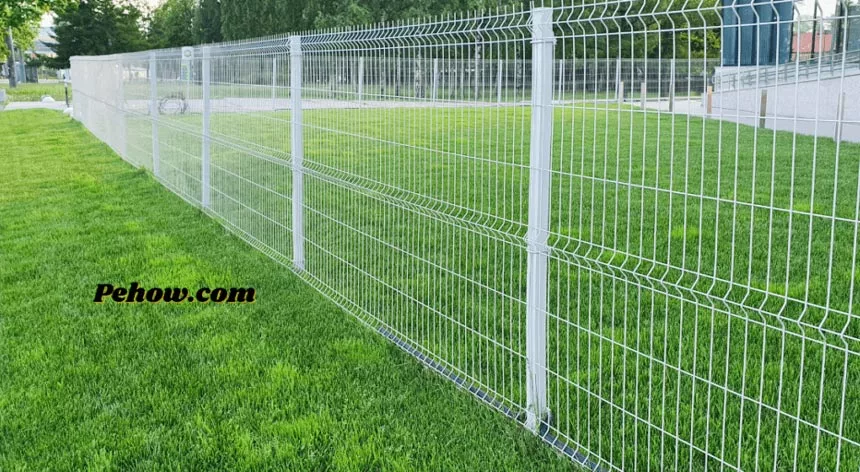
6. Put in the fence posts and attach the fencing material
To put in the fence posts, simply drive them into the ground around the perimeter of the raised garden bed. Once the posts are in place, attach the fencing material to them using zip ties or staples.
7. Cut any excess fencing material off at the top of the posts
Once the fencing is in place, use a pair of scissors or a hacksaw to cut any excess material off of the top of the posts. This will help to keep the fence looking neat and tidy.
8. Add a gate to the fence so you can access your garden bed
Adding a gate to the fence is a simple way to make it easier to access your garden bed. To add a gate, simply measure the distance between two posts and cut a piece of fencing to that size. Then, attach the fencing to the posts using zip ties or staples. Be sure to leave enough space for the gate to swing open and closed.
9. Test the fence
Before you put any plants in your raised garden bed, it’s a good idea to test the fence to make sure that it is rabbit-proof. Put some food or water inside the bed and see if the rabbits can get in. If they can’t, then your fence is working properly.
How high should a garden rabbit fence be?
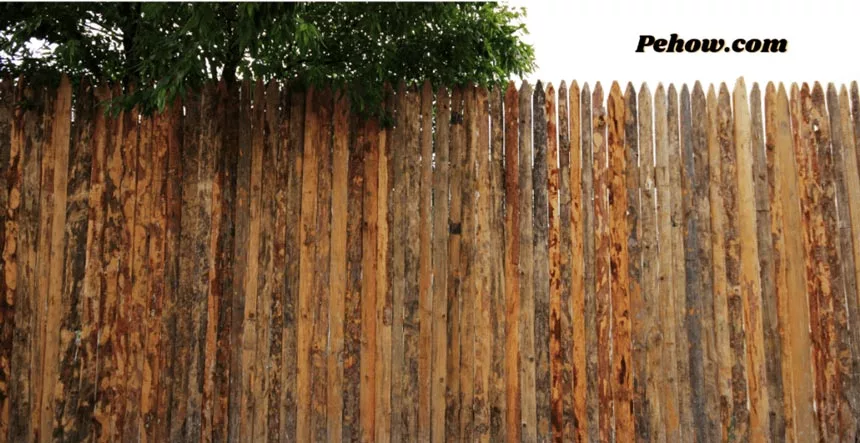
When it comes to how high your garden rabbit fence should be, there is no one definitive answer. It will depend on the specific situation and the type of fence you are using. However, in general, a fence that is at least 5 feet high should provide enough protection against rabbits.
If you are using a wire fence, you may need to add an additional layer of protection, such as chicken wire, to keep rabbits from chewing through the material.
Can a rabbit get through chicken wire?
Rabbits can’t get through chicken wire but can get through if they find a gap. To stop rabbits getting into your raised garden bed, you need to build a fence around it. The fence should be at least 1 meter high and made from chicken wire or another type of wire mesh.
You can also use plastic netting that is at least 1 meter high. Make sure the fence is buried at least 30cm underground and has an overhang of at least 15cm. Put chicken wire or another type of wire mesh around the perimeter of the fence to stop rabbits digging under it.
Will coffee grounds keep rabbits away?
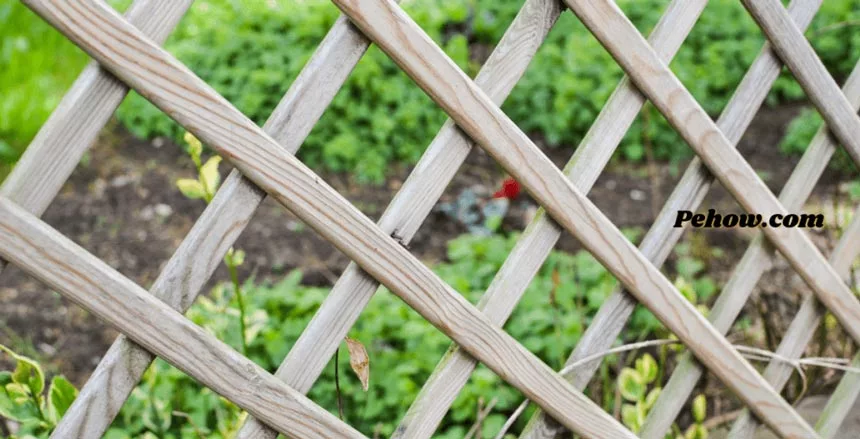
Rabbits can be a real nuisance in the garden, eating everything from plants to vegetables. If you’re looking for a natural way to keep them away, you may have heard that coffee grounds can do the trick. But does this home remedy really work?
Coffee grounds are rich in nitrogen, which is a nutrient that plants need to grow. However, too much nitrogen can actually be harmful to plants. When used in moderation, coffee grounds can provide a little boost to your garden.
How do I keep rabbits out of my garden naturally?
Rabbits can be very troublesome animals in the garden. They eat your plants, dig up your flowers, and generally make a mess. Thankfully, there are a few things you can do to keep them out of your garden naturally. Repelling rabbits naturally is not a difficult task, but it does require some effort on your part.
1. Plants a plant in your garden that rabbits don’t like
One of the best ways to keep rabbits out of your garden is to plant a plant that they don’t like. There are a few plants that seem to work particularly well for this, including lavender, rosemary, and garlic. Plant these plants around the edge of your garden, and the rabbits will be less likely to venture into your garden.
2. Use a physical barrier
A physical barrier is another great way to keep rabbits out of your garden. You can purchase a fence specifically designed to keep rabbits out, or you can use something like chicken wire to create a fence around your garden. Make sure the fence is at least six inches tall and that it extends into the ground at least six inches, as rabbits are good diggers and can easily tunnel under a fence.
3. Discourage the rabbit’s food source
If you want to discourage rabbits from visiting your garden, you need to remove their food source. This means keeping your lawn mowed and removing any fallen fruit or vegetables from the ground. It may also mean keeping your pet’s food indoors, as rabbits are attracted to pet food.
4. Scare the rabbit
One final way to keep rabbits out of your garden is to scare them. This won’t work all the time, but it can be effective in some situations. You can purchase a motion-activated sprinkler to scare the rabbits away, or you can make your own noise maker by banging on a pot whenever you see a rabbit in your garden.
What damage do rabbits do to the garden?

Rabbits can be a real nuisance in the garden, eating everything from plants to vegetables. They can also damage plants by chewing on them or digging up their roots. As a result, your garden plants may not survive or may not produce as much fruit or vegetables as they otherwise would.
So, It is best not to let rabbits into your garden in the first place, and one way to do this is by building a rabbit fence.
Final Thoughts
Building a rabbit fence for your raised garden bed is not as difficult as it may seem. With a little bit of planning and some basic tools, you can have a fence up in no time that will keep those pesky rabbits away from your plants.
I hope this article has helped you and good luck with keeping the rabbits out of your garden! If you have any questions or comments, please feel free to leave them below.
Thanks for reading!


